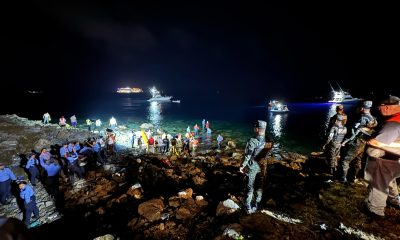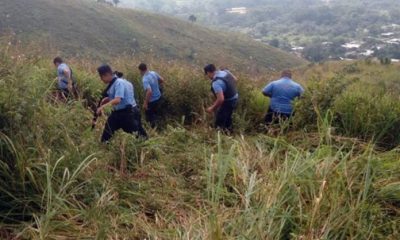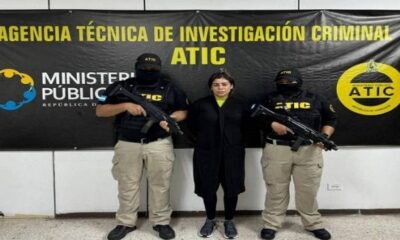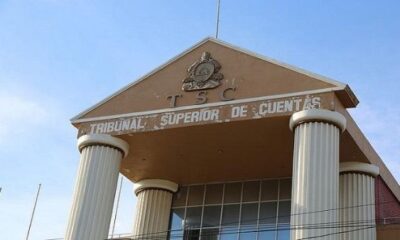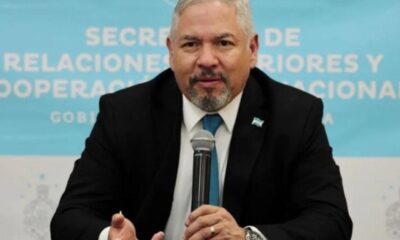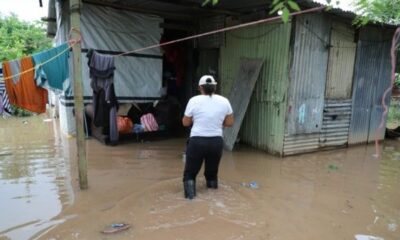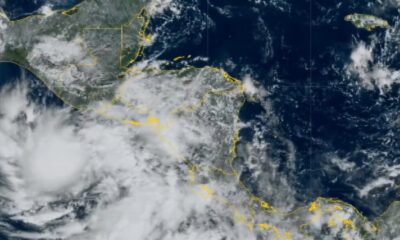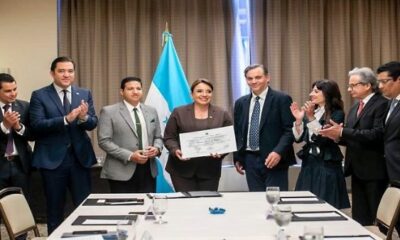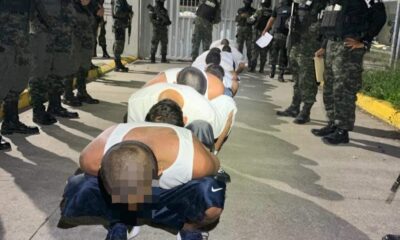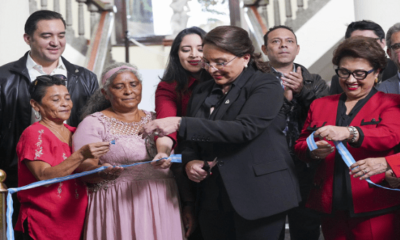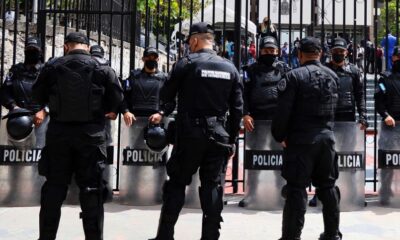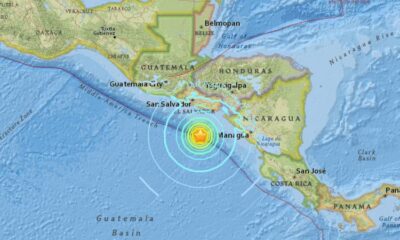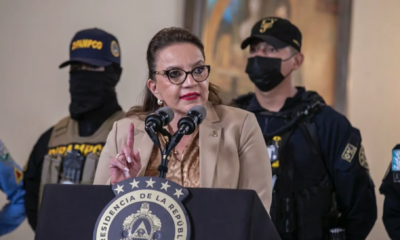Central America
Honduras recorded 35 murders of women in January, 29.6 % more than in 2022
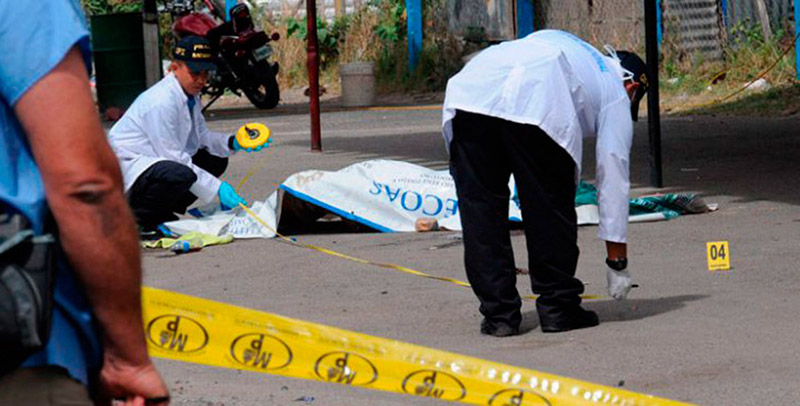
February 15 |
A total of 35 women were murdered in Honduras in January of this year, 29.6% more than those reported in the same month of 2022, and more than 90% of these cases are unpunished, which keeps feminist organizations on alert, denounced Tuesday the NGO Center for Women’s Rights (CDM).
January registered 8 more violent deaths of women than the 27 in the same month of 2022, according to data from the Human Rights Observatory of CDM.
“We are in emergency, in the first 30 days of this year 35 women were violently murdered in Honduras. Let us not forget their names. Justice for all!”, emphasized CDM.
About 50% of the victims died from gunshot wounds used by their assailants, mostly unknown persons, and 44.7% of the deaths were registered in the departments of Copán, Cortés and Francisco Morazán, western, northern and central Honduras, with 9.5 million inhabitants, 51% of whom are women.
The Women’s Rights Center indicated that 52.6% of the murdered women were older than 40 years old and 47.4% of the murdered women were younger than 39 years old.
According to the director of the Observatory of Violence of the National Autonomous University of Honduras (UNAH), Migdonia Ayestas, “every 28 hours” there is a murder of a woman in the Central American country, which has high homicide rates with a current average of between nine and ten deaths per day.
In all of 2022, 297 women were murdered in the country, in most cases with firearms, which is 13.1% less than the 342 in 2021, according to figures from feminist organizations.
Many of these deaths occurred in the victim’s close environment, in which the main aggressor is a man who is romantically linked to the woman.
Ninety-five percent of the cases of murdered women remain unpunished in Honduras, a country traditionally dominated by men, due to poor investigation, according to official data and feminist organizations.
Translated with www.DeepL.com/Translator (free version)
Central America
Arrests and clashes in Tegucigalpa as vote count continues after Honduras election
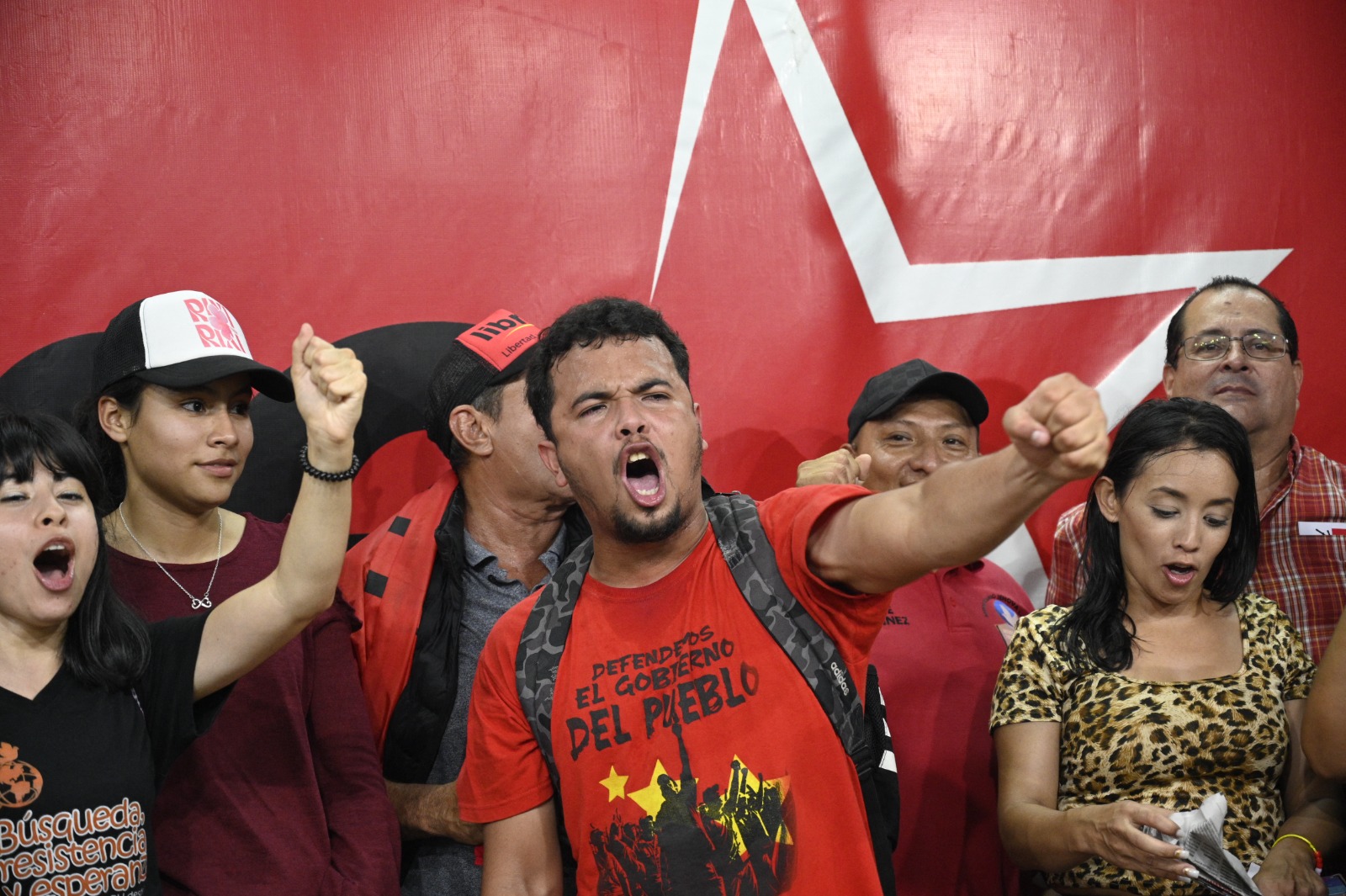
Protesters affiliated with the ruling Liberty and Refoundation Party (Libre) gathered in a demonstration that led to several arrests, disturbances, the burning of tires, and left at least 15 people injured outside the center where votes from Honduras’ November 30 general election are still being counted.
The group assembled on Monday outside the National Institute for Professional Training (INFOP) in Tegucigalpa, after President Xiomara Castro called on supporters through social media, claiming that a “new coup d’état” was being plotted in Honduras.
“I call on the people, social movements, grassroots organizations, party militants and citizens to urgently and peacefully gather in Tegucigalpa to defend the popular mandate, reject any coup attempt and make it clear to the world that a new coup is taking shape here,” the president said.
Castro has stated that she does not recognize the partial election results, which currently place right-wing candidate Nasry Asfura in the lead with 40.54% of the vote, followed closely by liberal candidate Salvador Nasralla with 39.20%. The ruling party’s candidate, Rixi Moncada, remains in a distant third place with 19.30%, with no realistic chance of a comeback.
Both the Libre Party and the Liberal Party, led by Castro and Nasralla respectively, have alleged electoral fraud. On Tuesday, the two parties agreed to participate in the special review panels that the National Electoral Council (CNE) says will finalize the count by reexamining 1,081 polling records flagged for irregularities.
Former president Manuel Zelaya, Castro’s husband and a senior figure within Libre, said last week that according to his party’s own nationwide tally of presidential ballots, Nasralla—a former Libre member—won the election.
Central America
Bukele says AI partnership with xAI will transform public education in El Salvador
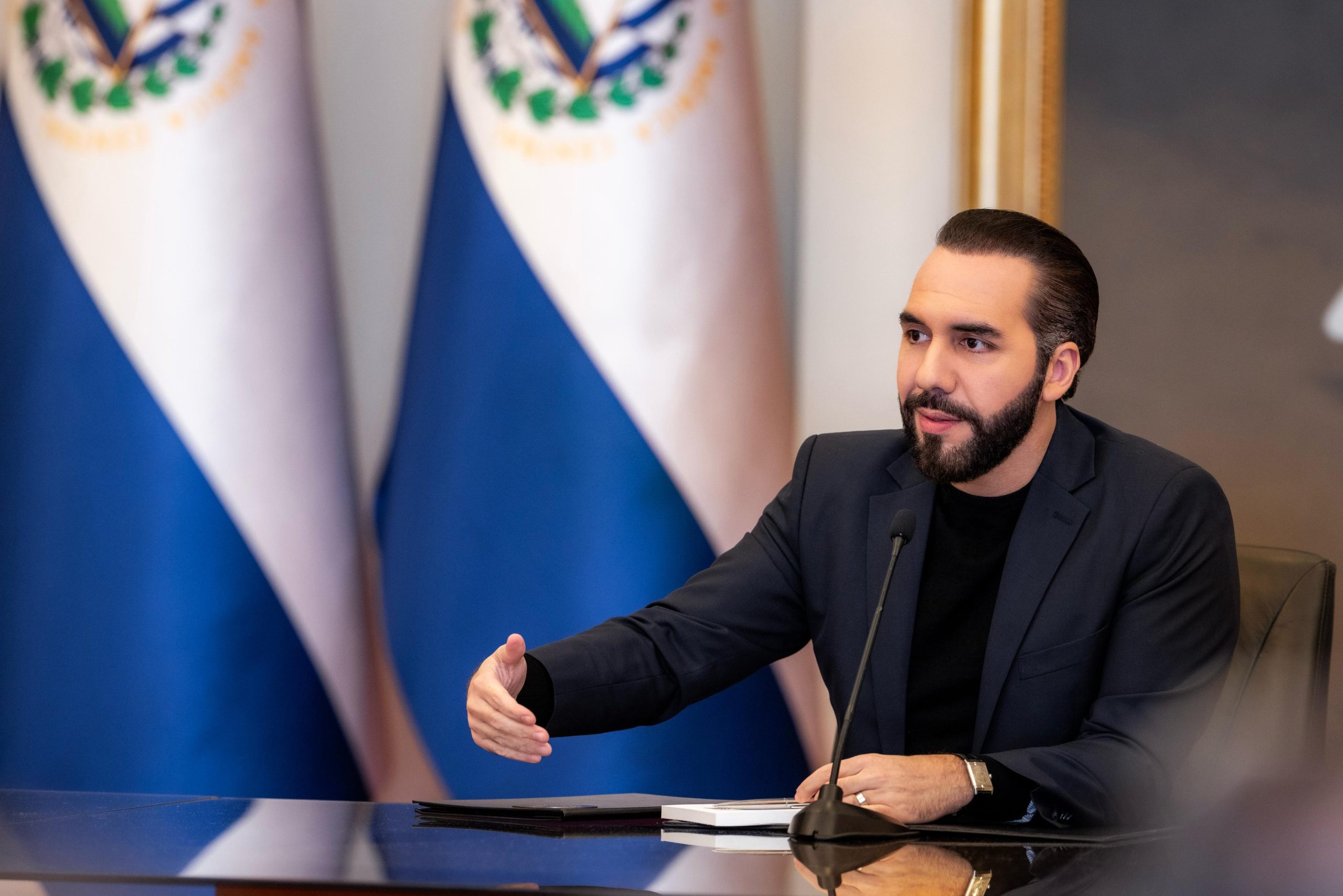
President Nayib Bukele stated on Monday that the implementation of Artificial Intelligence (AI), with the support of Elon Musk’s company xAI, will help redefine the future of public education in El Salvador.
“El Salvador and xAI will redefine the future of public education. Children will not use Grok the same way we use it,” the president wrote on X.
Last week, Bukele and Musk announced a partnership to provide personalized tutoring through the AI assistant Grok for all students enrolled in public schools across the country.
This pioneering alliance between the Government of El Salvador and xAI represents the launch of the world’s first national education program powered by artificial intelligence.
“Grok will be used in all public schools in El Salvador over the next two years. More than one million students will receive personalized tutoring. Thousands of teachers will receive assistance and support as partners in the educational process,” the president explained.
Meanwhile, FMLN Secretary General Manuel Flores described the incorporation of AI into public school education as “reckless,” arguing that many schools still lack basic services such as electricity and internet access.
“Schools do not even have desks. They said: ‘All schools will have internet’; that promise was not fulfilled. And others used to say: ‘The only promises that matter are the ones that are kept,’” Flores said during his regular Monday press conference.
Flores questioned who would teach artificial intelligence classes, noting that in some areas schools lack televisions or electricity. “How are they going to have internet? Starlink [satellite internet service] has already been announced five times,” he added.
He further labeled the AI-driven education program promoted by President Bukele as “another lie,” comparing it to the “Two Schools a Day” initiative, which he claimed is “pure propaganda.”
The “Two Schools a Day” program was announced earlier this year and involves the construction or reconstruction of public schools nationwide to improve educational quality. The project is being implemented by government institutions such as the National Directorate of Municipal Works.
Central America
El Salvador ranks among top countries in the Americas in fight against organized crime
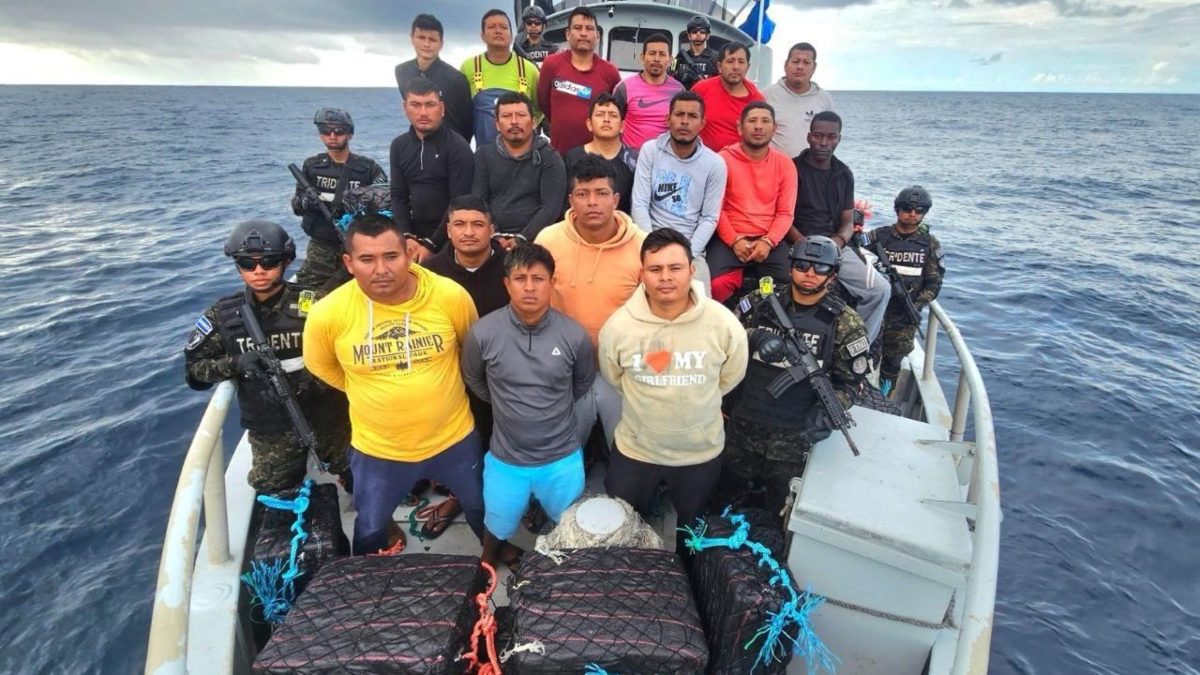
El Salvador has positioned itself as the country in the Americas with the strongest performance in the Global Organized Crime Index (GOCI), ranking 18th out of 35 countries in the region and 77th out of 193 nations worldwide that are engaged in the fight against organized crime.
According to the index, El Salvador outperforms Mexico, which ranks 2nd in the Americas and 3rd globally, as well as the United States, which holds the 14th position in the Americas and 60th worldwide.
The Global Organized Crime Index evaluates multiple indicators, including criminal markets, human trafficking and smuggling, extortion, arms trafficking, counterfeit goods trade, illicit trade in excisable goods, environmental crimes involving flora and fauna, crimes against non-renewable resources, heroin, cocaine, cannabis and synthetic drug trafficking, cyber-dependent crimes, financial crimes, mafia-style groups and criminal networks.
Within Central America, El Salvador surpasses Panama, which ranks 8th in the Americas and 21st globally; Costa Rica, ranked 13th in the region and 58th worldwide; Nicaragua, ranked 16th and 69th; Honduras, positioned 5th in the Americas and 13th globally; and Guatemala, which holds 9th place in the Americas and 25th worldwide.
Belize is the only Central American country ranked above El Salvador, placing 23rd in the Americas and 103rd globally. However, while El Salvador climbed 25 positions compared to its 2023 ranking—improving from 52nd to 77th—Belize dropped three positions, moving from 106th in 2023 to 103rd in the current index.
El Salvador’s progress in combating organized crime also surpasses that of several countries across the Americas, including Venezuela, Colombia, Ecuador, Brazil, Peru, Chile and Paraguay, all of which rank lower both regionally and globally.
-

 Central America3 days ago
Central America3 days agoPanama seizes over three tons of drugs hidden in Caribbean port container
-

 International3 days ago
International3 days agoPolice investigate deaths of Rob Reiner and wife as apparent homicide
-

 International5 days ago
International5 days agoSeveral people shot in attack on Brown University campus
-

 Central America3 days ago
Central America3 days agoOAS urges swift recount in Honduras as election results remain uncertain
-

 Central America2 days ago
Central America2 days agoBukele says AI partnership with xAI will transform public education in El Salvador
-
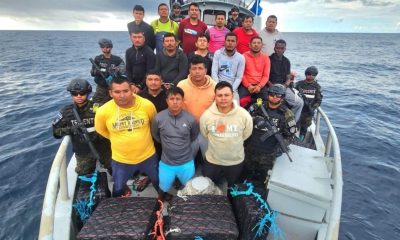
 Central America2 days ago
Central America2 days agoEl Salvador ranks among top countries in the Americas in fight against organized crime
-

 International5 days ago
International5 days agoU.S. and Mexico Reach Deal to Address Water Deficit Under 1944 Treaty
-

 International17 hours ago
International17 hours agoRubio rules out 2028 presidential bid if Vance runs
-
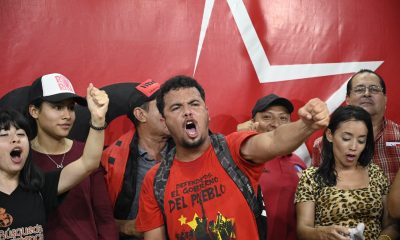
 Central America18 hours ago
Central America18 hours agoArrests and clashes in Tegucigalpa as vote count continues after Honduras election
-
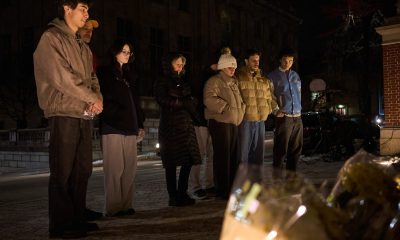
 International18 hours ago
International18 hours agoAuthorities search for armed and dangerous suspect in fatal Brown University attack



























